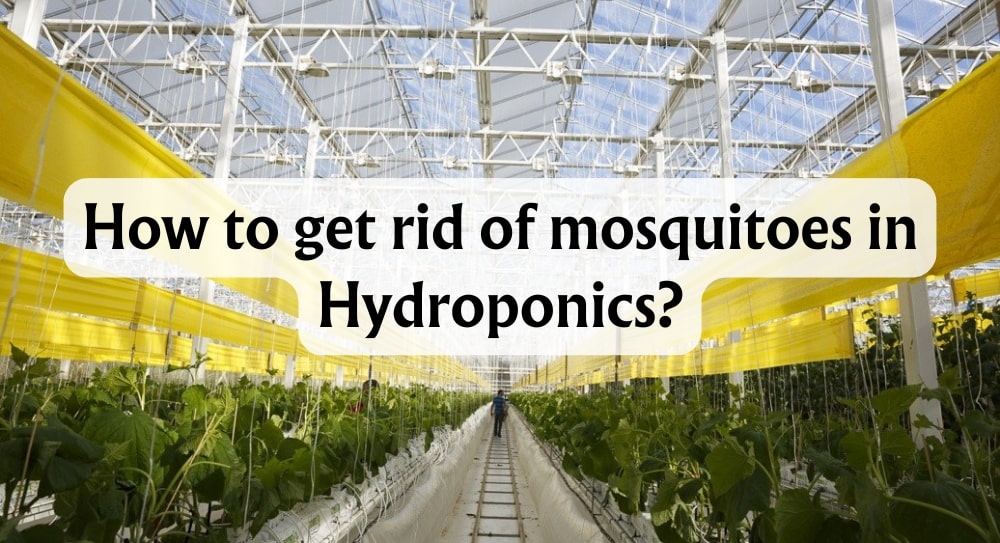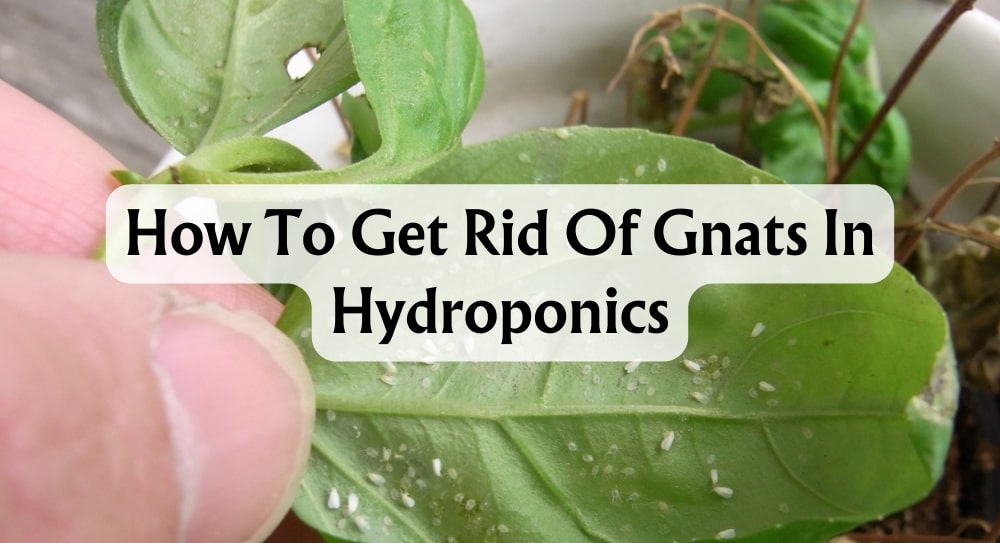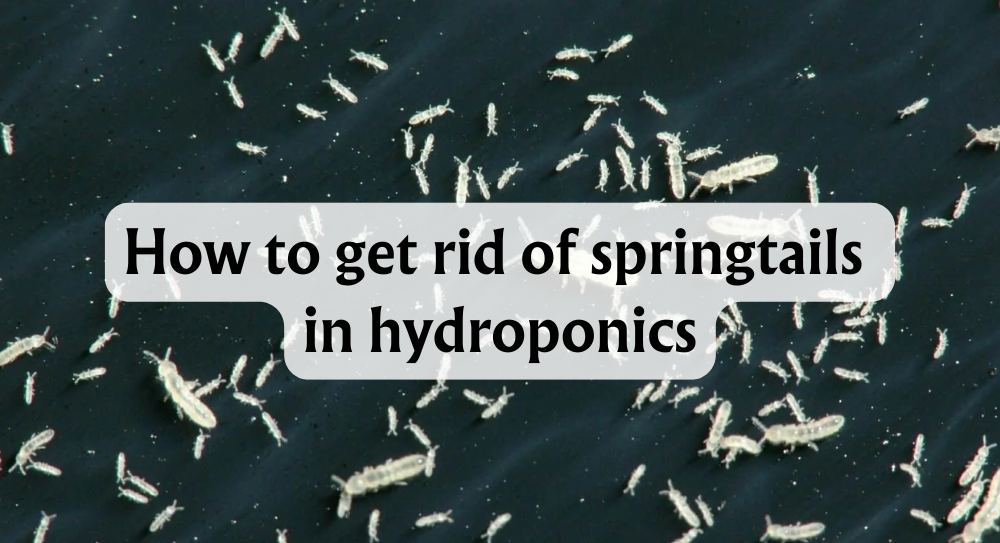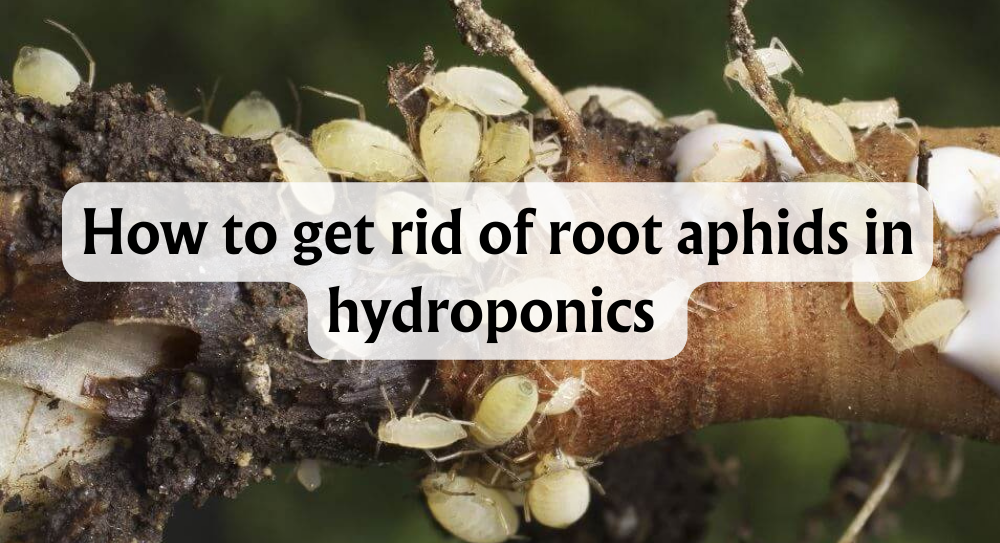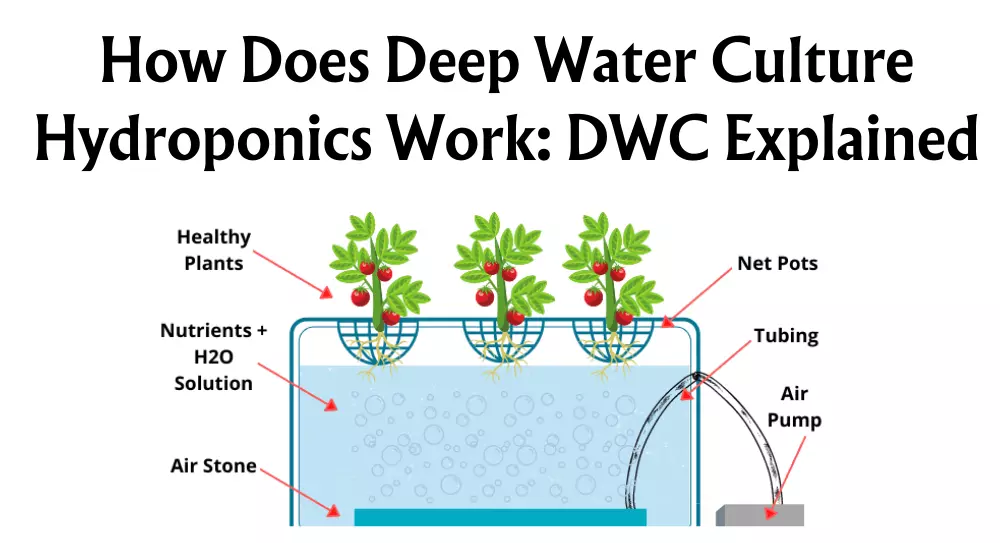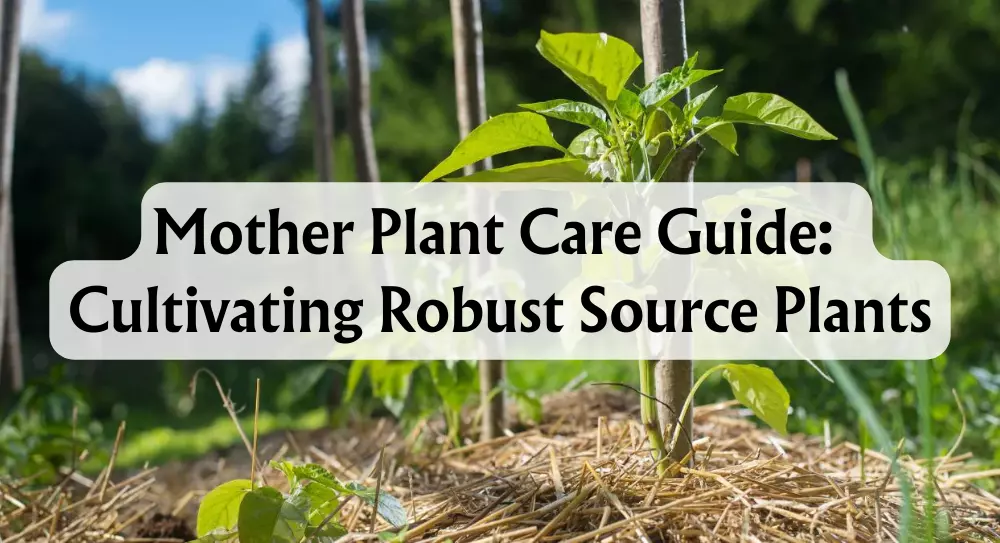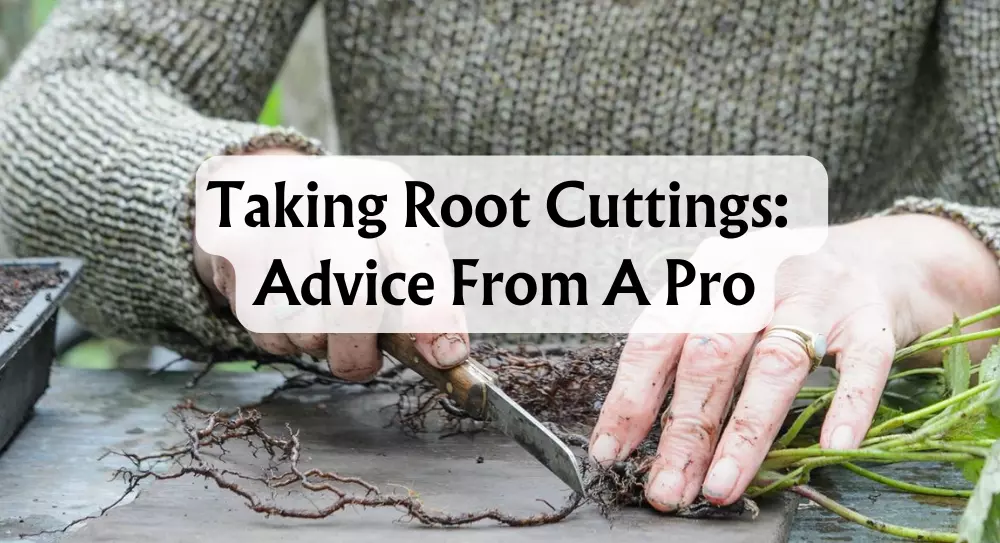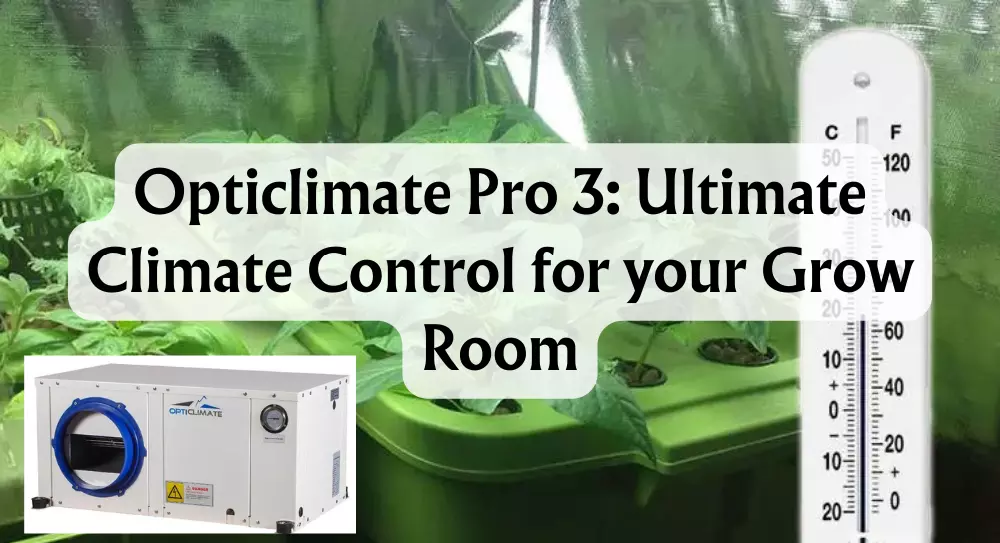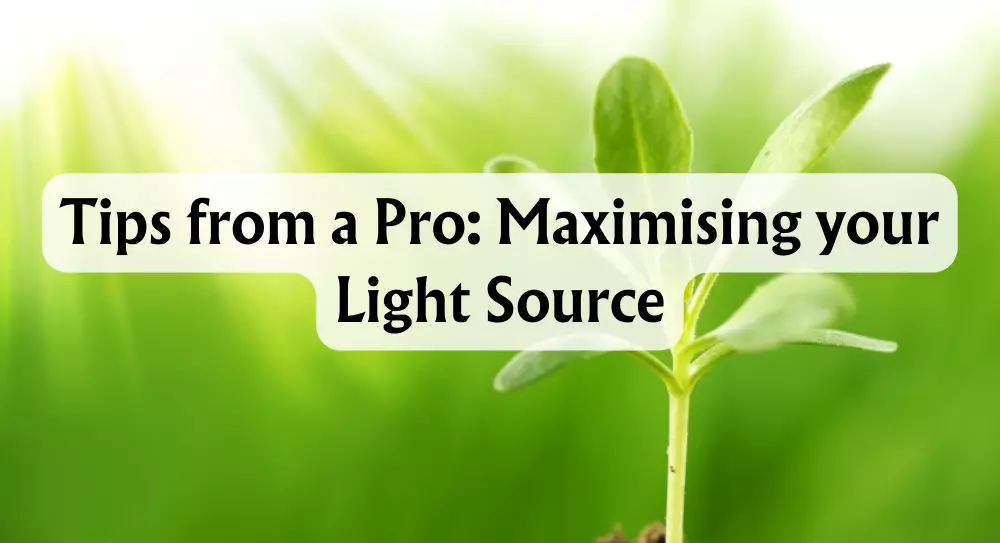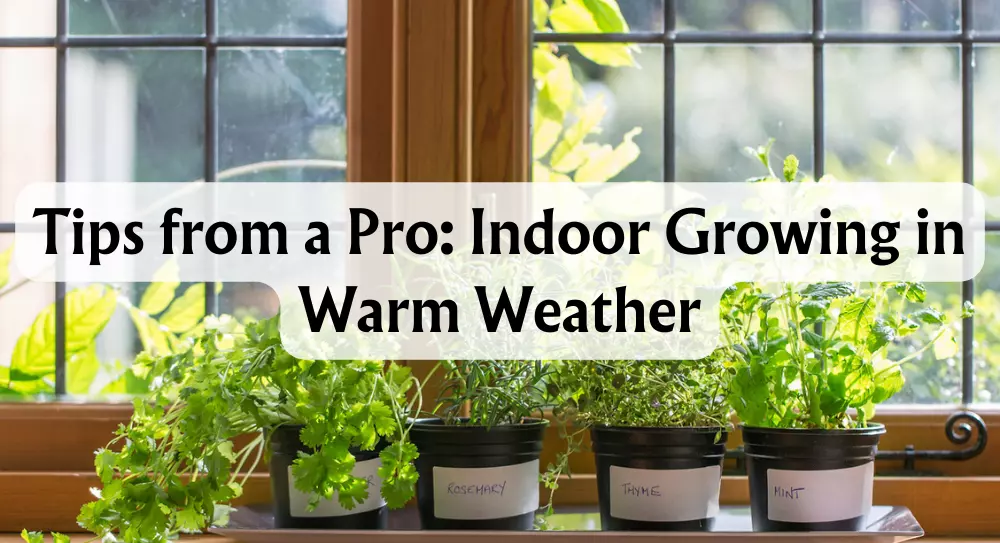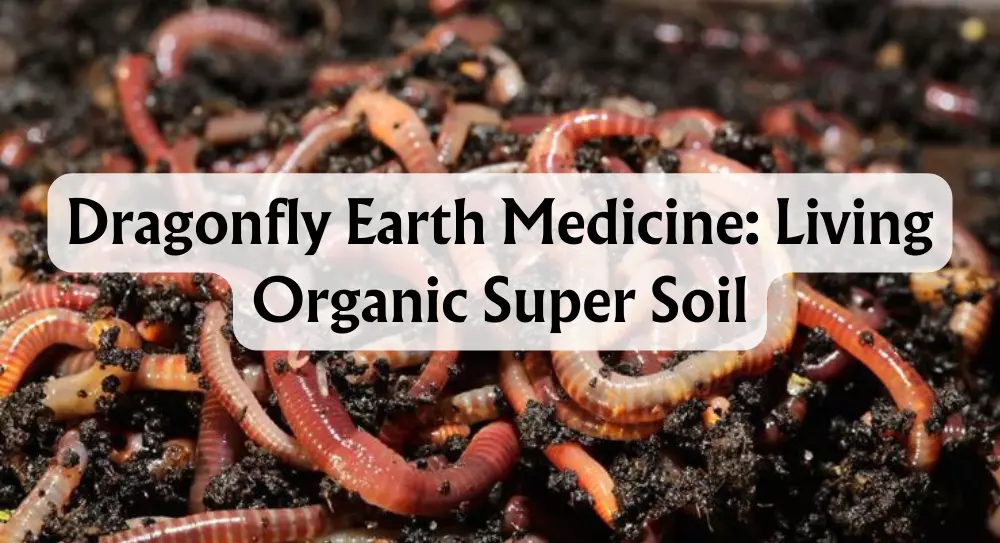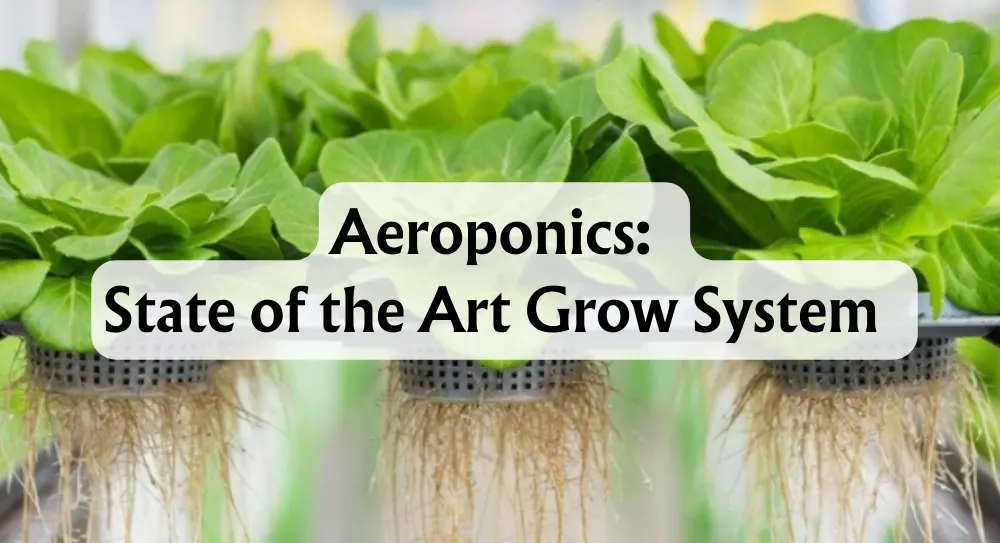How to Get Rid of Mosquitoes in Hydroponics
Hydroponic gardening has revolutionised the way we grow plants, offering a soil-free alternative that brings substantial benefits. By allowing plants to grow in nutrient-rich water, hydroponics conserves water, saves space, and often results in faster-growing plants with higher yields. It's a wonderful way forward for both indoor and outdoor gardeners who are looking to maximise their green spaces with efficient and environmentally friendly methods.
Despite the advantages of hydroponics, gardeners do face challenges such as maintaining the right nutrient levels and pH, controlling temperature, and preventing pest infestation, specifically mosquitoes. These flying pests are not just a nuisance; they pose a risk to plant health in your grow room and human comfort indoors.
In our article, we focus on the efficacy of eliminating mosquitoes from your hydroponic setup. We aim to equip you with reliable, actionable information about mosquito prevention and elimination. From understanding why these insects are attracted to your hydroponic garden to recommending the best products and practices to keep them at bay, we've covered all you need to know to maintain a mosquito-free garden.
Key Takeaways
- Hydroponics is an efficient, water-conserving method of growing plants.
- Mosquito prevention in hydroponics is crucial for plant health and human comfort.
- Eliminating mosquitoes can be accomplished with various methods and products.
What Are Mosquitoes?
Ever find yourself scratching a red, itchy welt on your skin and wondering, "Why do we even have mosquitoes?" We're right there with you. Mosquitoes are those pesky small, flying insects that seem to have a talent for turning our quiet evenings into an itchy nightmare. But did you know they play quite the uninvited guest role in our hydroponic gardens as well?
Belonging to the order Diptera and the family Culicidae, these critters have a knack for finding standing water. Why do they love it? Standing water is the perfect nursery for their eggs, a literal breeding ground for mosquitoes as those eggs hatch into larvae that thrive in aquatic environments. You'll often come across the term larvae, which refers to the immature stage of mosquitoes, a phase full of wriggling and water-bound mischief.
Here's the crux of our problem: our hydroponic systems, especially the watery paradises we've painstakingly created, can be hotspots for these invaders. Whether your preference lies in deep water culture, nutrient film technique, or you're inclined towards self-watering containers, if there's stagnant water or continuously moist growing media, mosquitoes will try to RSVP to the party.
But it's not just the annoyance factor. When mosquitoes decide to feast on our plant's sap, they're sapping the life directly from the leaves and stems, leading to weak plants and less bounty for us. They're also infamous for spreading diseases and viruses to our beloved greens. And let's not forget us, the growers! Mosquito bites are far from pleasant with itching and swelling tagged along, not to mention the harsher reality of disease transmission to both humans and animals.
Why Mosquitoes Occur in Hydroponics
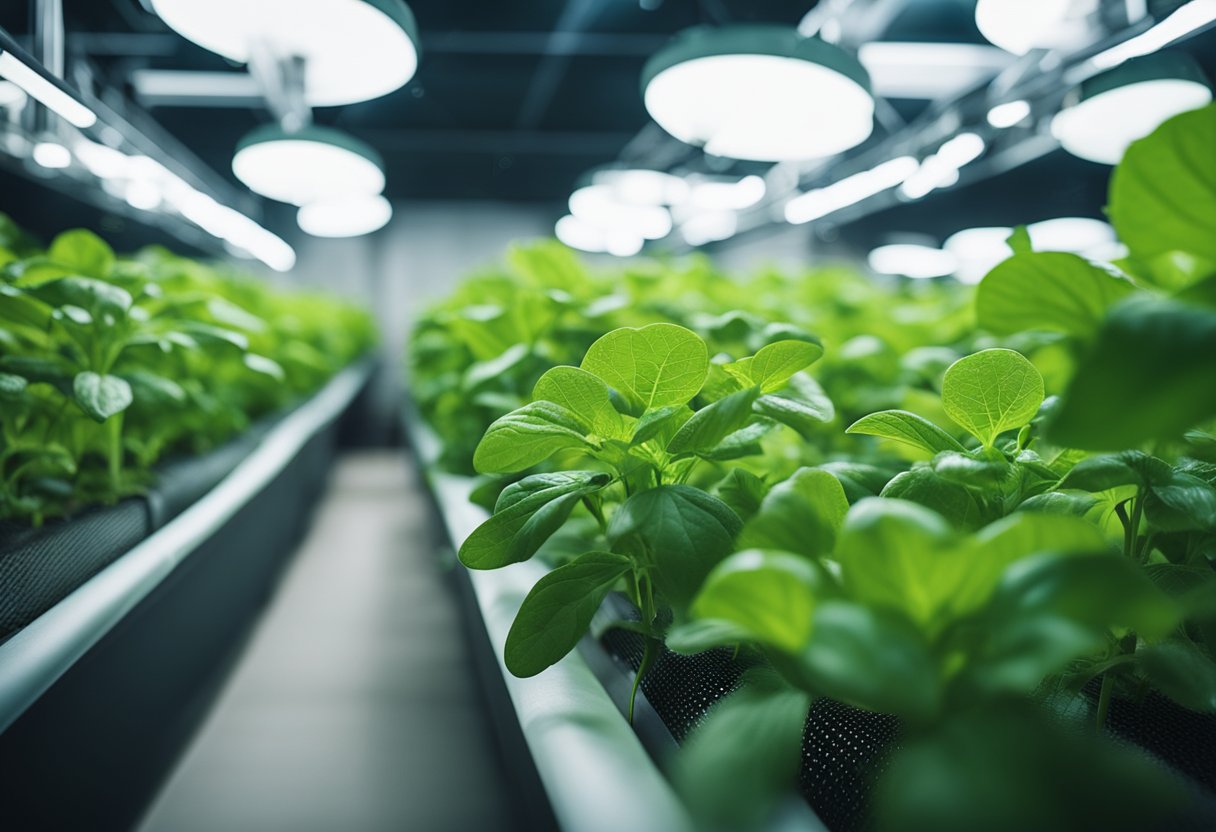
We've all been there - tending to our hydroponic greens when, out of nowhere, those pesky mosquitoes can be found lurking on the surface of the water. But what brings them to our lovingly maintained hydroponic havens in the first place?
Standing Water
Stagnant water in our hydroponic systems is their preferred breeding ground. It doesn’t take much - just a small amount of unmoving water, and they’ll move in to lay their eggs.
- Hydroponic plants: Water is their lifeblood, so it's a given.
- Algae: It’s a slippery slope; once algae starts, mosquitoes aren’t far behind.
Humidity and Temperature
You know those days when it's warm enough to ditch the jumper and the air feels like a warm hug? Mosquitoes love those conditions too.
- Humidity: Our plants love it, and unfortunately, mosquitoes do too.
- Temperature: Cozy warmth means active breeding for our tiny winged adversaries.
Organic Matter
A little decomposing plant material here, a bit of algae there, and hey presto, it's a mosquito fiesta! Organic matter in our systems can build up, and if we’re not vigilant, it’ll be a free-for-all for these biting menaces.
Here’s where they’re at their sneakiest:
- Decaying leaves: They're like a Michelin-starred restaurant for mosquito larvae.
- Nutrient-rich water: Think of it as a mosquito spa, where they can rejuvenate and multiply.
Preventing Mosquitoes in Hydroponics
If you're like us, looking for peace of mind in your hydroponics garden, mosquito control crucial. Here's how we tackle these unwelcome guests with a focus on strong prevention.
Environmental Control
How do we make our hydroponic environment less inviting to mosquitoes? It's simple:
- Maintain Temperature: We keep the temperature under 27°C or surpass 38°C, which mosquitoes find uncomfortable. Remember, staying outside these temperature ranges can inhibit mosquito breeding.
- Control Humidity: A drier environment is less appealing to these pests. So, we aim for lower humidity levels where possible.
- Proper Lighting: Mosquitoes are attracted to certain light frequencies. We use lights less appealing to them to discourage congregation and breeding.
Natural Predators
Introducing natural predators into our ecosystem can work wonders for pest control:
- Ladybugs and Lacewings: They aren’t just pretty to look at; they're brilliant at chowing down on mosquito larvae. Planting companions that attract these beneficial insects can do the trick.
- Beneficial Insects: Predatory mites are another natural warrior in our arsenal against mosquitoes. We make sure to encourage these heroes in our hydroponic setup.
Cultural Practices
We've found that tweaking the way we manage our hydroponic system can prevent issues before they arise:
- Selecting Resilient Plants: Plants with thick, waxy, or hairy leaves can naturally repel mosquitoes. So choosing the right crops is a great first step.
- System Choice: Systems that avoid stagnant water, like aeroponic or drip methods, are essential. This ensures mosquitoes don’t find a breeding ground.
- Optimal Growing Medium: We use media like perlite or rockwool that don’t hold excess water or decay, making them less attractive to mosquitoes.
While implementing these methods, we also keep in mind that hydroponic farming should strike a balance between plant health and pest control. The growing medium and reservoirs should foster our plants without becoming mosquito havens. By mixing proper environmental control, attracting natural predators, and adopting cultural practices that discourage pests, we manage to keep our green sanctuaries mosquito-free.
How to Eliminate Mosquitoes in Hydroponics

Are you tired of those buzzing pests in your hydroponic garden? We've got the scoop on how to send mosquitoes packing using a variety of methods that suit any green thumb. Whether you prefer chemical warfare or a more natural approach, we're here to guide you through the options.
Chemical Treatments
Let's tackle those winged nuisances head-on with some reliable chemical solutions:
-
Mosquito Dunks: These doughnut-shaped saviours slowly release Bacillus thuringiensis israelensis (Bti), a bacterium toxic only to mosquito larvae. Place these tablets on the water and watch these common pests flee.
- Pros: Safe for plants and harmless to beneficial insects.
- Cons: They require replacement every 30 days and aren't an instant fix, taking up to 48 hours to kill larvae.
-
Liquid Insecticides: If you're after a quicker solution, certain liquids can be applied to your hydroponic system.
- Pros: Fast-acting, and can often tackle various pests beyond just mosquitoes.
- Cons: Potentially harmful to the environment; always read labels for suitability and safety.
Biological Solutions
We're not the only ones irked by mosquitoes—nature offers her own set of predators to do the dirty work:
-
Introducing Fish: Fish aren't just your underwater allies for a zen view. Certain types love to snack on mosquito larvae.
- Pros: A natural and efficient method that also adds life to your setup.
- Cons: Not all fish species are suitable and they require proper care.
-
Beneficial Bacteria: Again, Bti is a stellar biological agent that specifically kills mosquito larvae without harming your plants.
- Pros: Specific, targeted, and eco-friendly.
- Cons: Requires periodic application to maintain effectiveness.
Physical Barriers
Sometimes, the best offence is a good defence. Here’s how we can put up barriers:
-
Mosquito Traps: Craft your own or buy ready-made traps to capture adult mosquitoes.
- Pros: Can be quite effective if placed correctly and monitored regularly.
- Cons: They require maintenance and may not catch all mosquitoes.
We can all agree that mosquito infestations are unwelcome in any hydroponic setup. By selecting the right method, or even a combination, we can regain the serenity and health of our verdant hydroponic gardens. Keep these insights in your gardening toolkit, and your hydroponic experience will be blissfully buzz-free!
Products to Use
When we talk about keeping our hydroponic gardens mosquito-free, we've got a mix of natural warriors and some trusty chemical guardians at our disposal—each with their own sets of perks and quirks.
Biological Products
-
Bacillus thuringiensis israelensis (Bti): This bacterium is our tiny, but mighty ally. Think of Bti as a microscopic bouncer, keeping those pesky larvae in check. You can add these guys directly into your water and let them do their thing. They're safe and eco-friendly, which is brilliant for us and our green friends.
- Advantages: Natural and safe
- Disadvantages: Might be a tad more costly
-
Neem Oil: Extracted from neem trees, this oil doubles as an insecticide and a repellent. Just mix it with your water or spritz it on the plants.
- Advantages: It's green and mean to mosquitoes
- Disadvantages: Requires a bit more elbow grease in application
Chemical Products
-
Pyrethroids: Inspired by chrysanthemums, these synthetics are swift in action and can knock out adult mosquitoes.
- Advantages: Ready-to-use and affordable
- Disadvantages: Not the best for the environment
-
Methoprene: This one's a growth regulator, putting a stop to those wriggly larvae becoming full-blown biters.
- Advantages: Easy peasy to apply
- Disadvantages: Might irritate more than just mosquitoes
Physical Products
- Mosquito Traps: Who needs a bug zapper when you have traps that mimic human breath? These clever devices lure and trap mosquitoes with CO2, warmth and light.
- Advantages: Harmless and long-term solution
- Disadvantages: Might not be kind to the wallet
-
Mesh Screens: Fitting fine mesh over your system can physically prevent mosquitoes from accessing the water to lay eggs.
- Pros: Low maintenance and a one-time fix.
- Cons: Requires initial effort to set up and may restrict access for maintenance.
Remember, it's about finding the right fit for our green sanctuaries. We're all in this together, so let's keep our hydroponics lush and mosquito-free!
Conclusion
Let's wrap this up, shall we? We've explored a few nifty tricks to keep our hydroponic gardens mosquito-free. Remember, it's about maintaining a healthy balance—keeping those pesky bugs at bay while our plants thrive.
Here's a quick recap:
- Introduce fish to your nutrient reservoir. They munch on mosquito larvae, breaking the life cycle.
- Utilise Mosquito Dunks containing Bti, harmless to plants and fish but deadly for mosquito offspring.
- Inspect your green friends and your gear. Cleanliness is your garden's best friend!
- Monitoring is your watchword: stay vigilant for any signs of pest invasion.
- Make sure water management is on point. Spills? Clean them up promptly to avoid mould and pests.
And don't be shy about pruning. Those dead leaves are not doing you any favours. Plus, it keeps the airflow around plants vibrant, deterring unwanted visitors. Remember, attracting beneficial insects with companion plants is one of the best ways to create a natural defence, making your garden a no-fly zone for mosquitoes.







 Store Locator
Store Locator
